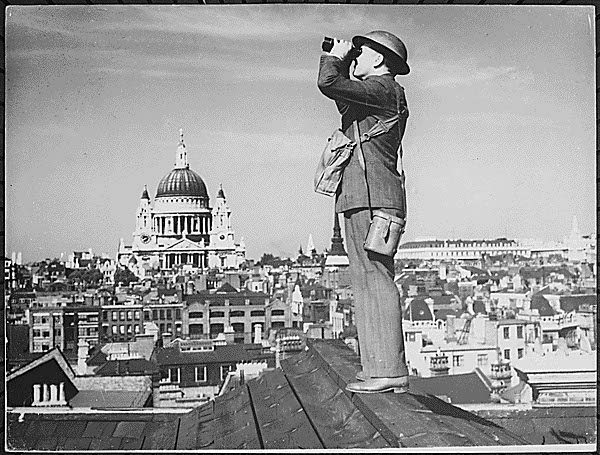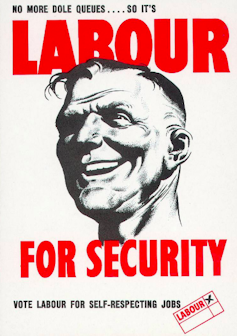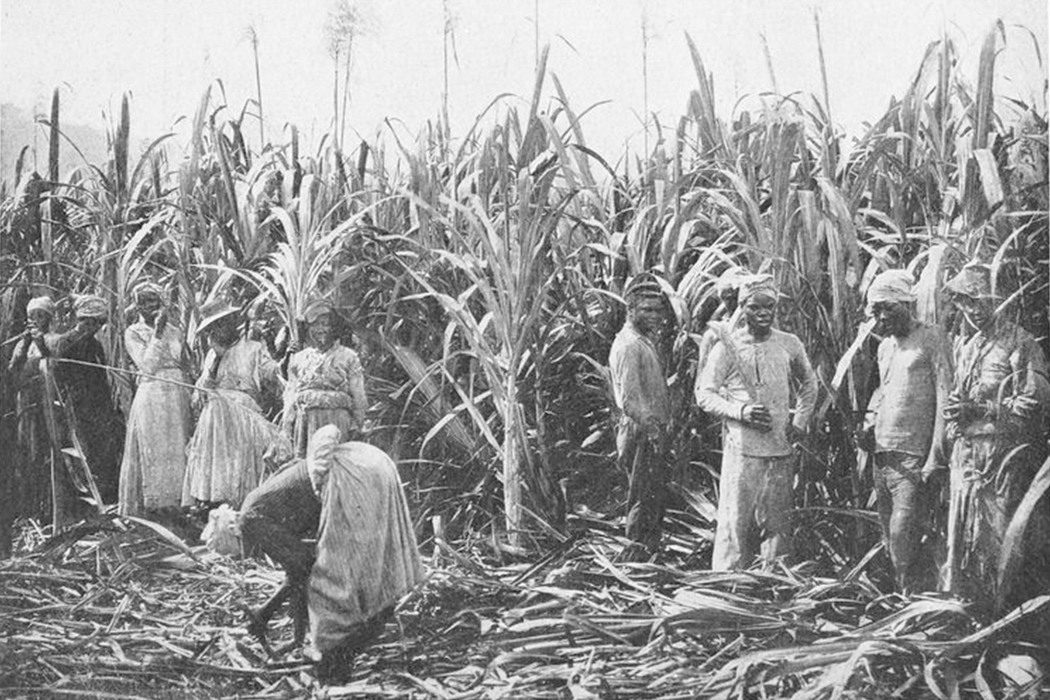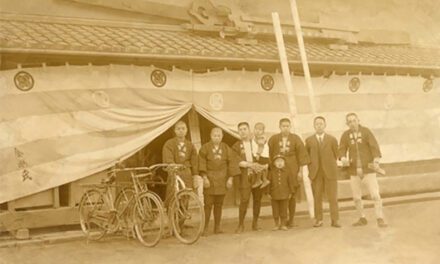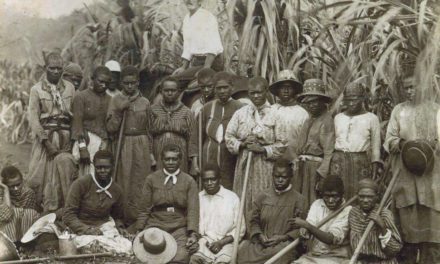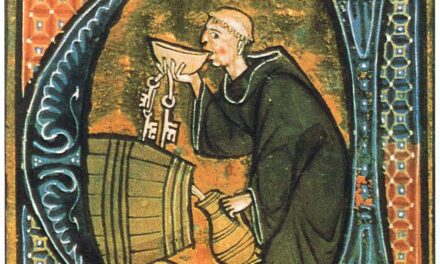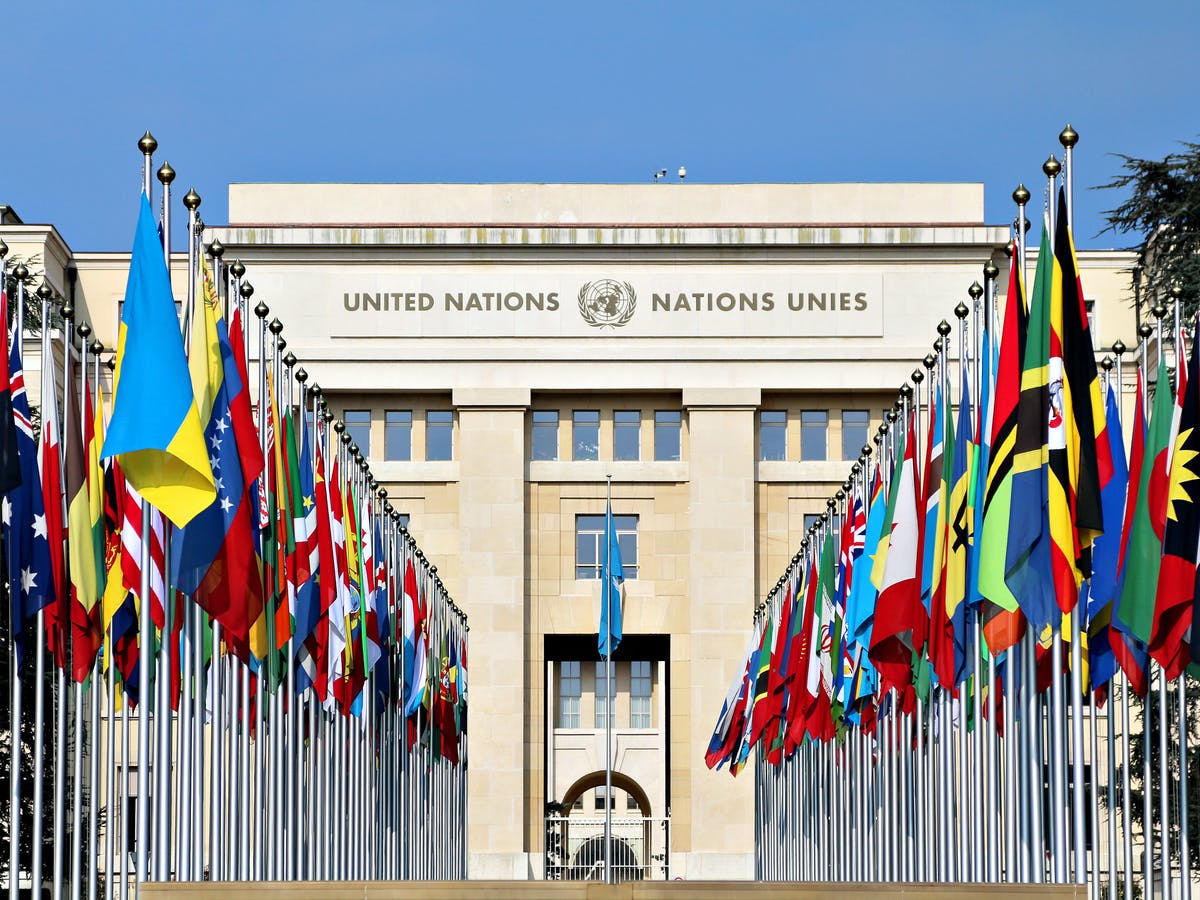BRITAIN’S OBSESSION WITH THE SECOND WORLD WAR AND THE DEBATES THAT FUEL IT
Reading time: 5 minutes
The COVID-19 pandemic has elicited endless comparison to the second world war. Private labs have been likened to “Dunkirk little ships”; food bank support to “blitz spirit”, and even the queen equated the pain of self-isolation with wartime evacuation.
What lies behind this seemingly near constant evocation of the second World War in Britain is not consensus, however, but contested views of what the war meant. To this day, this is something that cannot be settled in British politics.
Take, for example, the idea that Britain had a “good war”. This view was set out most famously by the historian AJP Taylor, who concluded in his bestselling history of England:
The British people had set out to destroy Hitler and National Socialism – “Victory at all costs”. They succeeded. The British were the only people who went through both world wars from beginning to end. Yet they remained a peaceful and civilised people, tolerant, patient and generous.
By Kit Kowol, King’s College London.
There is much here that on the surface rings true. The war is an easier history to manage for the British than many other nations, who have to wrestle with questions of collaborating with Nazi occupiers.
At the same time, however, there is plenty of half-truth in the image of Britain’s “good war”. Britain was there at the “beginning” but not if you count the Nazi annexation of Czechoslovakia earlier in 1939. It remained “civilised” and “peaceful” at home, though not in India, where it used violence to suppress the independence movement.
Most of all, despite Britain coming out on the “winning side”, it was a loser if judged in terms of shifts in relative power – a bit-part player in the new era of super-power competition between the US and USSR. Such contrasting interpretations and inconvenient facts mean that the debate on the war is unlikely to end.
Rival wars
Just as important, the political messages that came out of the war are very different to each other. On the one hand there is a “social democratic” message – a story of a “people’s war”; how ordinary men and women saved the nation from the selfishness and short-sightedness of those who nearly led it to disaster.
In this story, Labour politicians are credited with running the home-front –- the only front that really mattered. They forced the government to not only win the war but build a welfare state at the same time. The war’s conclusion in this context is not VJ Day on August 15 1945 but the general election a month earlier. This was when the people, having recognised the benefits of fair shares, collectivism and social solidarity, voted for the Labour Party.
The other narrative is a conservative message – a war that rekindled Christianity, love of country, patriotism and valour. It wasn’t won by people at home but on the battlefield by soldiers like Field Marshal Bernard Montgomery, by genius middle-class scientists like bouncing-bomb inventor Barnes Wallis, and most of all by Churchill himself.
Here, the war was being fought for empire, tradition and a return to the pre-war world. According to this version of events, victory was unfairly snatched away –- first by the working classes in 1945 and later by a generation of politicians, both Conservative and Labour, who took the wrong lessons from the war.
Postwar politics
The history of postwar British politics is, in many ways, a history of these two interpretations. They were heavily implicated in the struggles faced by the Conservative Party after 1945 over how to respond to Labour’s victory. They were part of the story of the support and opposition to former cabinet minister Enoch Powell and his notorious speech about British culture being undermined by immigration, as well as in the rise and resistance to Thatcherism.
They were alive and kicking in the debates over austerity in 2008, with different versions of them also at work in the 1975 and 2016 European referendums. Indeed, not only are these histories used to support different political projects, these stories actively created those projects.
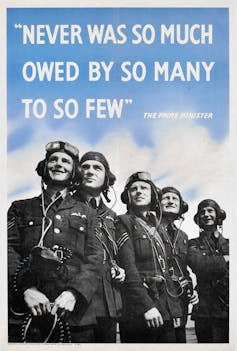
Britain’s two main political parties were, for much of the postwar period, first and foremost nationalist political parties committed to the idea of a united British nation state. Their competition, however, was not just over who controlled the state but who exactly was “the nation”. The answer to this question was frequently found in the memory and imagination of the second world war.
This leads to the final reason why British politics is so encumbered by the history of the war. The country that was rebuilt after the second world war was different to the one entered the conflict in 1939. As the historian David Edgerton has argued, this was a country with a new national welfare system, new national institutions (National Health Service, British Rail, National Coal Board etc), and a new more national form of capitalism – one more focused on domestic production and consumption and less orientated around international finance.
Despite apparent continuities (like parliament, empire and the monarchy), Britain was in many ways a new nation by the time Churchill returned to power in 1951. To sustain it, this new nation required new national myths and found them in the experience of the second world war. Therefore, asking Britons not to be encumbered by myths of it is like asking Frenchmen not to invoke their revolution or Americans to ignore the declaration of independence – not impossible but exceedingly difficult.
This article was originally published in The Conversation
Articles you may also be interested in
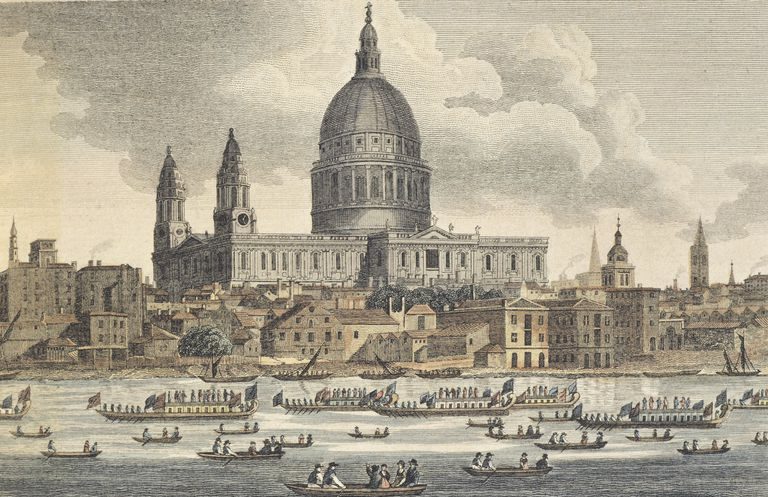
Social Life in England 1750-1850 – Audiobook
SOCIAL LIFE IN ENGLAND 1750-1850 – AUDIOBOOK By F. J. Foakes-Jackson (1855 – 1941) In 1916, the Cambridge historian, F.J. Foakes-Jackson braved the wartime Atlantic to deliver the Lowell Lectures in Boston. In these wide-ranging and engaging talks, the author describes British life between 1750-1850. There are John Wesley’s horseback peregrinations over thousands of miles of […]
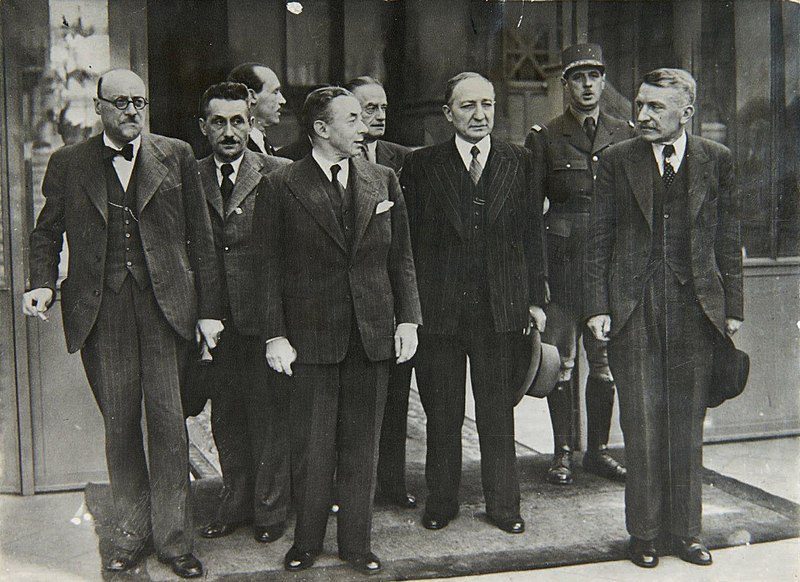
The Franco-British Union: Genius, or Madness Born of Desperation?
When crisis strikes, one imagines members of government or heads of state stoically dealing with the issue at hand. A picture that doesn’t come to mind is a head of state and a secretary of defence discussing unification plans over lunch. On 16 June 1940, this is exactly what happened, when Winston Churchill and Charles […]
The text of this article is republished from The Conversation in accordance with their republishing policy and is licenced under a Creative Commons — Attribution/No derivatives license.

